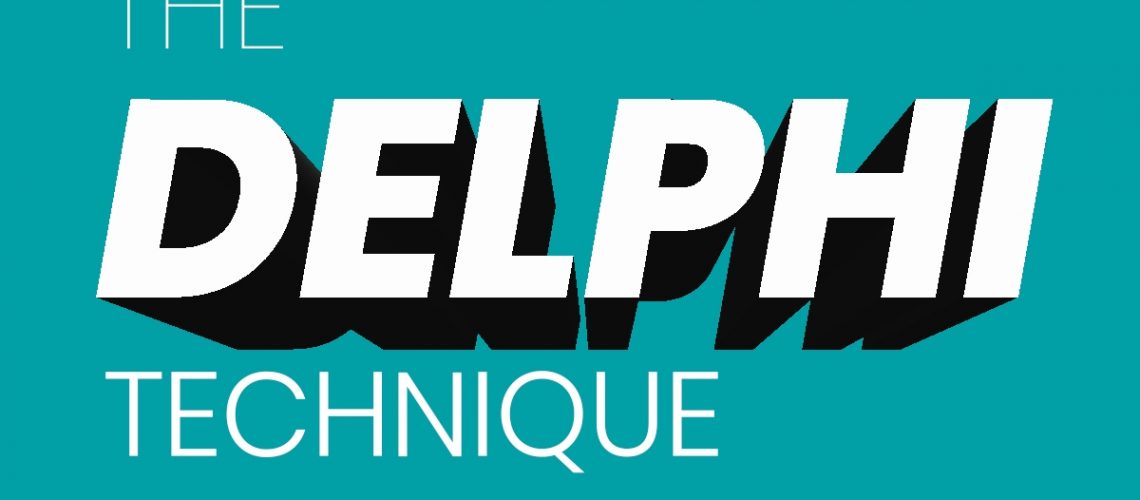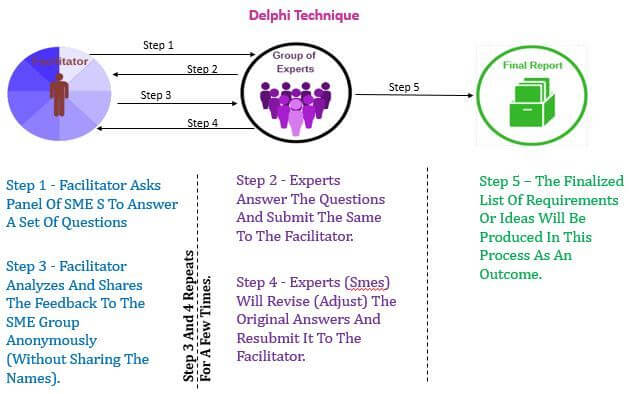

The ‘concessionaires’ perspective’ was more reluctant in terms of modifying its answer between the rounds. Panelist selection can vary depending on the aim of the researchĪdoption of modified format using cluster analysisįirst, the results show an interesting aspect of changing perspective.

To conceptualize future scenarios in which panelists are asked about their probable and the preferable future Panelists should represent the research issue from different perspectivesĬan adopt similar process to modified Delphi To develop pertinent arguments and expose underlying reasons for different opinions on a specific single issue Policy makers selected to obtain divergent opinionsĬan adopt a number of formats including bringing members together in a group meeting To produce opposing interpretations on policy and potential resolutions To build decision-making and create the future in reality rather than forecasting itĭecision makers, selected according to hierarchical position and level of expertiseĬan assume similar process to classical Delphi Panelists provided with pre-selected items, drawn from several sources, within which they are asked to consider their responses To be different according to project design in order to achieve consensus Open qualitative first round, to allow panelists to record responses Finally, this approach could consolidate our understanding concerning the potentialities of the Delphi technique in RIA, especially in policies with several objectives.Įxperts selected based on aims of investigation The results in terms of a different perspective for each criterion enable us not only to identify the non-neutrality of decision analysis, but also to (re)think the stakeholder's participation into the context of the Law referred to. Thus, the Delphi technique enables the decision makers to obtain reliable information before taking a decision. Evidence advises that there are relevant myopic, omission, splitting, and insensitivity biases for decision analysis, because of the distortion of input. Moreover, the elicitation weights for each criterion previously selected were framed in an innovative way, under a different perspective, either customers, municipalities or concessionaires.

194/2009, which determines the regulatory framework in the Portuguese water sector and its potential criteria. To cope with imperfect knowledge, we have built the link between the objectives from Law no. Although the decision-making process has been supporting a different prescriptive approach, there is no neutral decision, which can reflect on the (in)efficiency of the government's action.

This cycle is repeated until consensus is reached or no further convergence is achieved.This paper explores use of the Delphi technique on regulatory impact assessment (RIA) in order to select criteria as well as to analyze the non-neutrality of stakeholders in the Portuguese case study. If the first round does not produce consensus then a second questionnaire is prepared that incorporates information from the first set of results.Īs the panel considers the results of the first round they tend to gravitate towards a consensus position. The responses are analysed and if there is consensus the conclusions are summarised. This avoids issues of personality and group interaction affecting the responses. The panel is not normally brought physically together. Each is sent a questionnaire relating to identifying solutions to the problem. Once the nature of the problem is understood, a panel of experts is identified. In P3 management this could range from the need to prioritise projects and programmes in a portfolio to estimating the duration of innovative activities in a network diagram. The basic process begins with a definition of a problem. It has been used very effectively by large organisations for strategic business planning. The Delphi technique is an iterative process for gaining consensus on an issue from a group of subject matter experts.


 0 kommentar(er)
0 kommentar(er)
